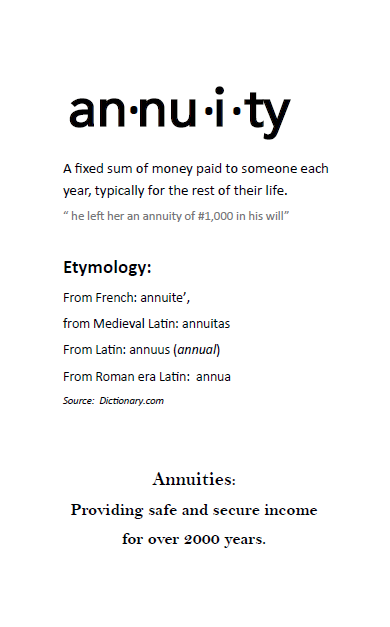Planning for your Health, Retirement Income and Legacy
352.787.5061
877.822.3102
Wills & Trusts

The 4 components of estate planning
Items one should have in place
Each one has it’s own particular purpose.
With proper planning, the legal matter of ones passing can be simplified.
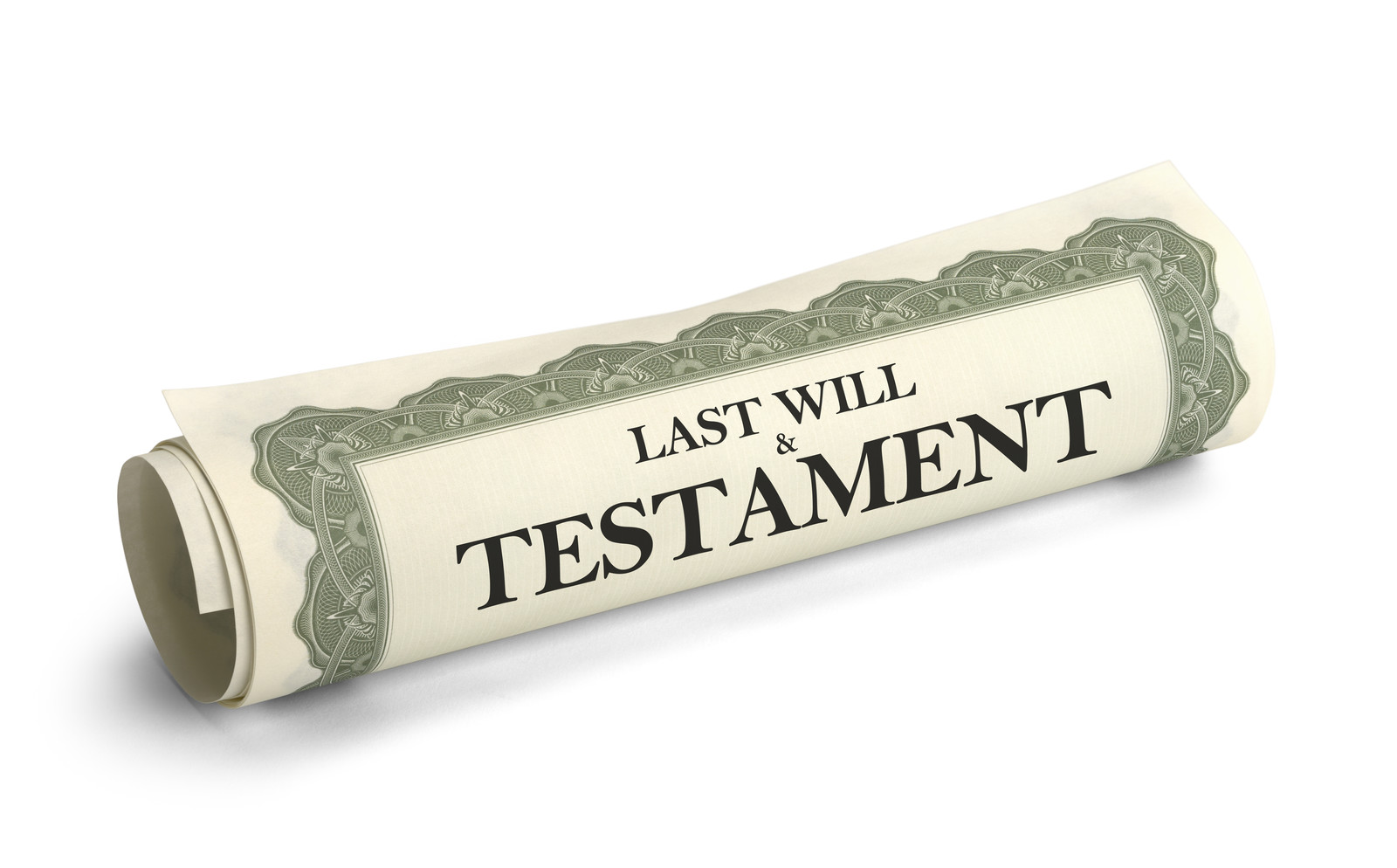
The Will
The Will is used to keep your estate out of Probate.
It will state who receives what, after your passing.
It is administered by a "Executor".
Good for simple or small estates.
It is a public document that anyone can see.
It may be contested in court.

The Trust(s)
The Trust, and there may be several.
They will give specific instructions as to how you want the estate is to be handled after your passing.
It is incontestable in court.
It is private, not seen by the public.
You will set the guidelines that MUST BE FOLLOWED.
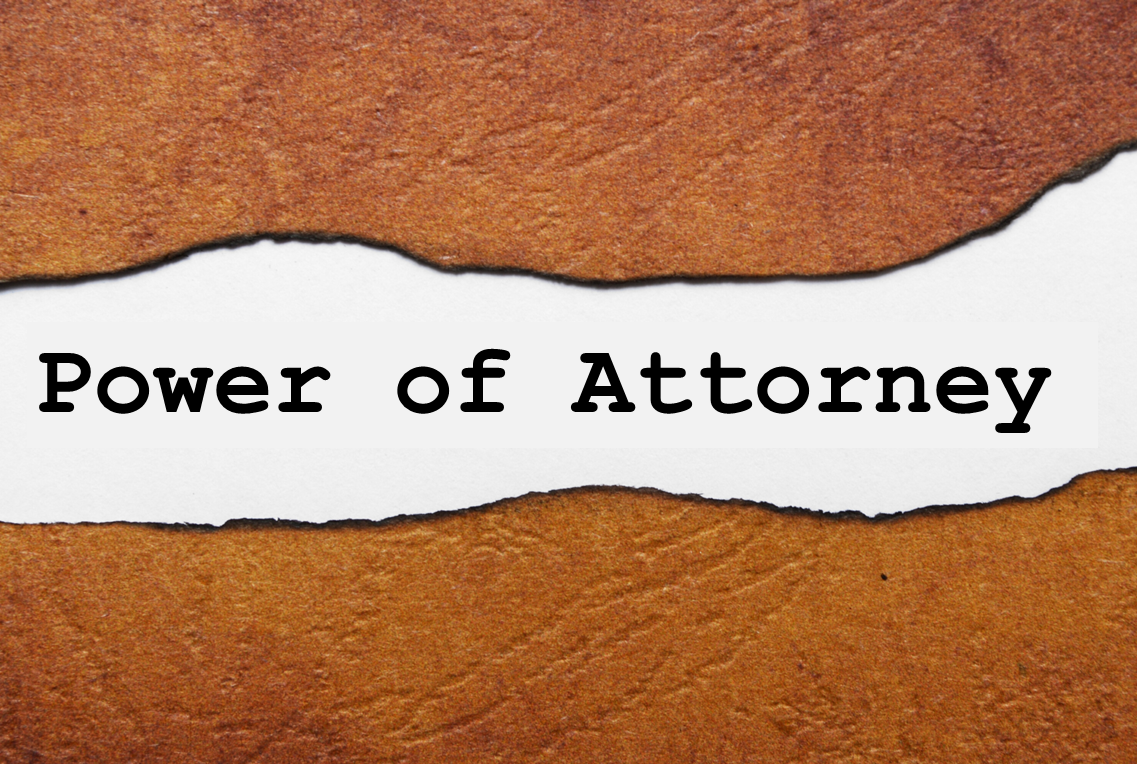
Power of Attorney
The Power of Attorney is a valuable item to have. This permits another person to act in behalf of another.
When the person is incapable or incompetent to conduct their own affairs, the person(s) with a DOPA, Durable Power Of Attorney may step in to that person's place to make decisions.
The power of Attorney will cease at the persons passing
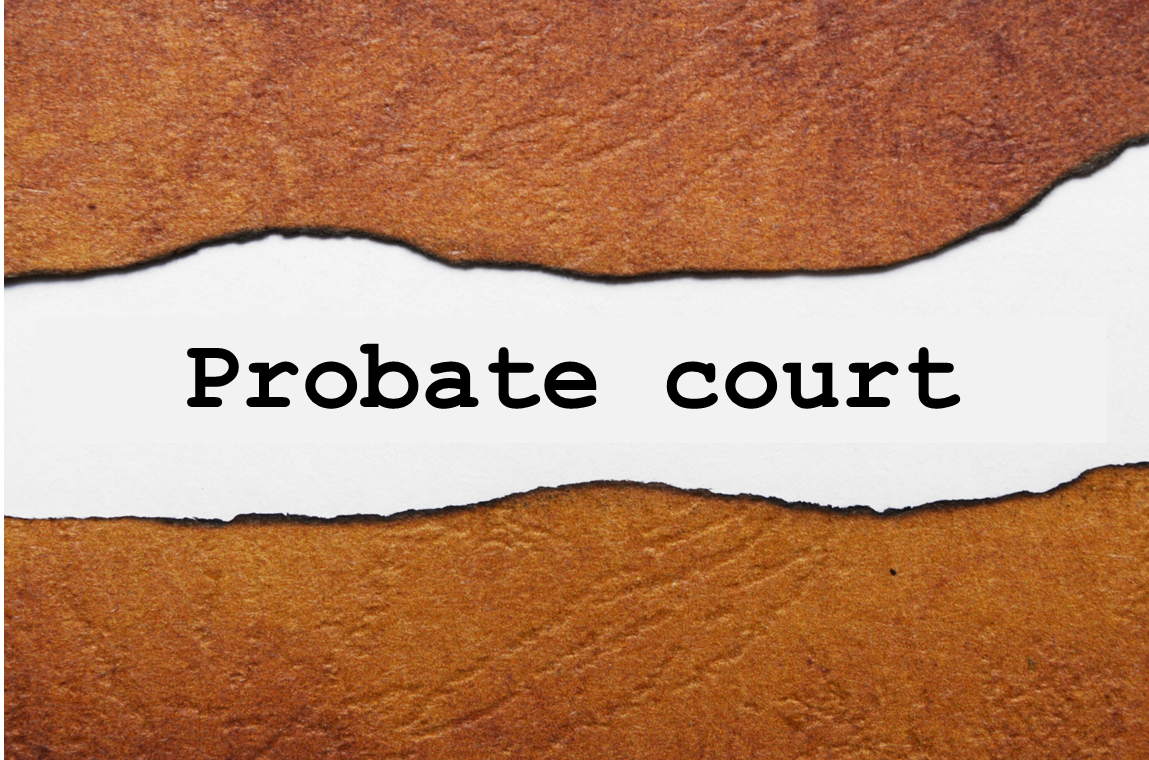
Probate Court
The estate will go to Probate Court when the person dies without a will or Trust in place. The Courts will decide how the estate will be divided.
Without a will or trust, this process becomes both Expensive and Time Consuming.
Now you are aware of the 4 components of your legal needs.
Putting that knowledge to use.
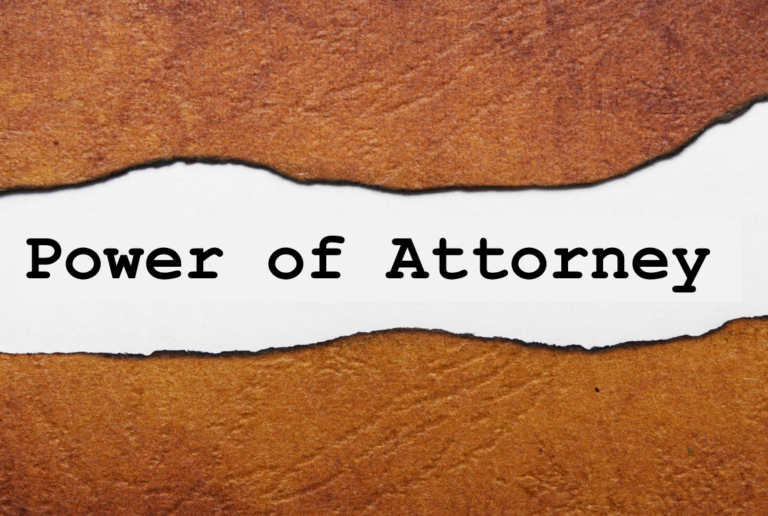
The DPOA
The DPOA, Durable Power Of Attorney is in place prior to your passing. It's power stops at your passing.
The importance of this to enable someone that you designate to speak or act for you if you are unable to for any reason.

Probate Court
If you die "INTESTATE", your estate, large or small will go to the Probate Court for distribution. According to state law. Not your desire.
If you are married, everything will go to the surviving spouse. When that person dies, and they have not prepared at the least, a will. The estate will then go to probate.
MAKE A WILL.

The Will
At the least, one should have a will made. The cost is normally under $275, including the DPOA's. This will avoid Probate and distribute your estate according to your wishes. With a will, the family will know who receives what.
Eliminating any problems distributing your assets.

The Trust (s)
If you have a sizable or complex estate, a Trust is recommended. There are many types of Trusts. Consult with your attorney, describing your needs and concerns. They will recommend the Trust(s) that you should have. With recent changes in Tax laws, the use of trusts have changed. CONSULT A COMPETENT ELDER ATTORNEY FOR THIS MATTER.
The information on this page is of a general knowledge.
This page is not intended to provide Legal or Tax Advice.
For questions about your legal ot tax rights, please consult you own professional.


